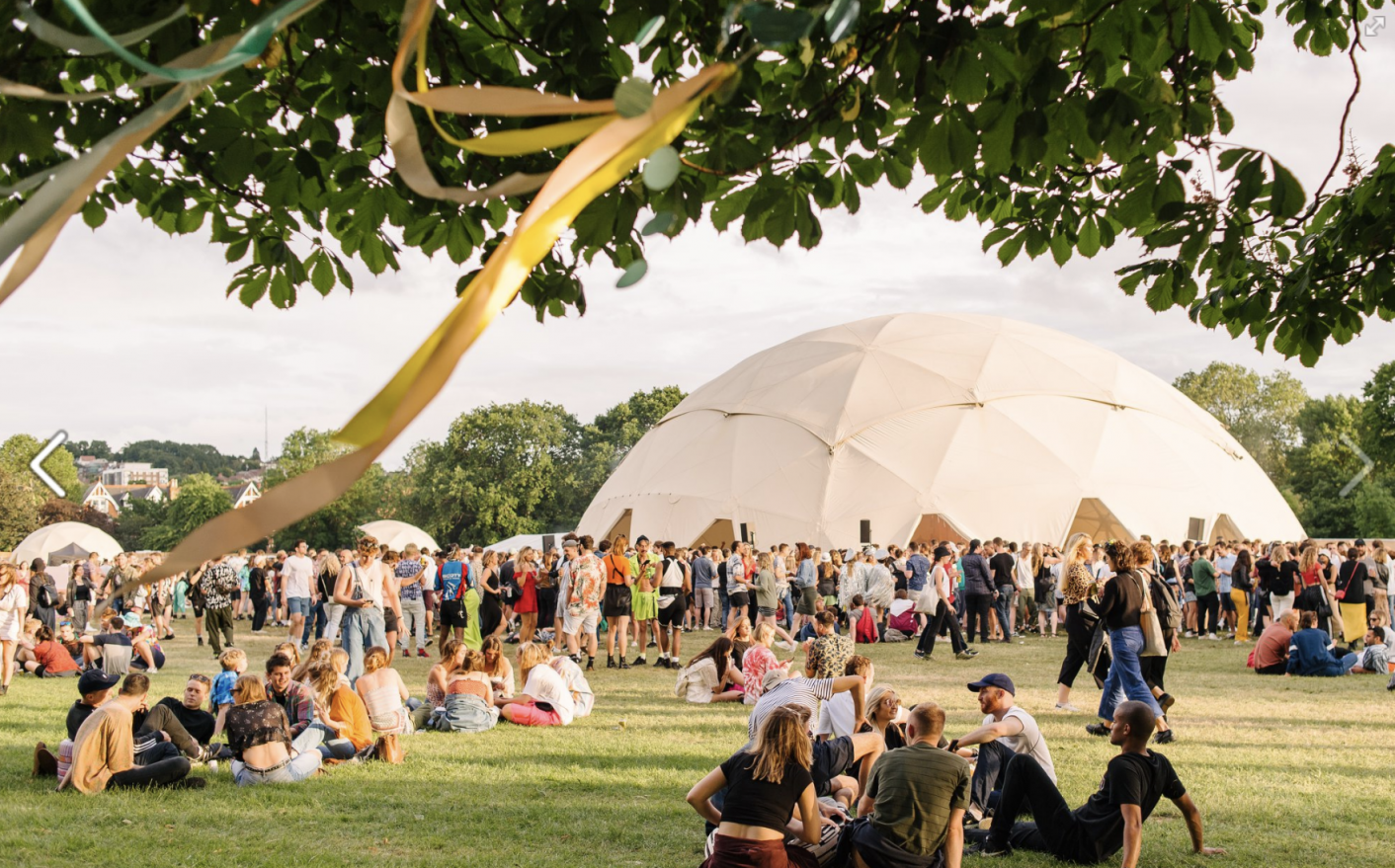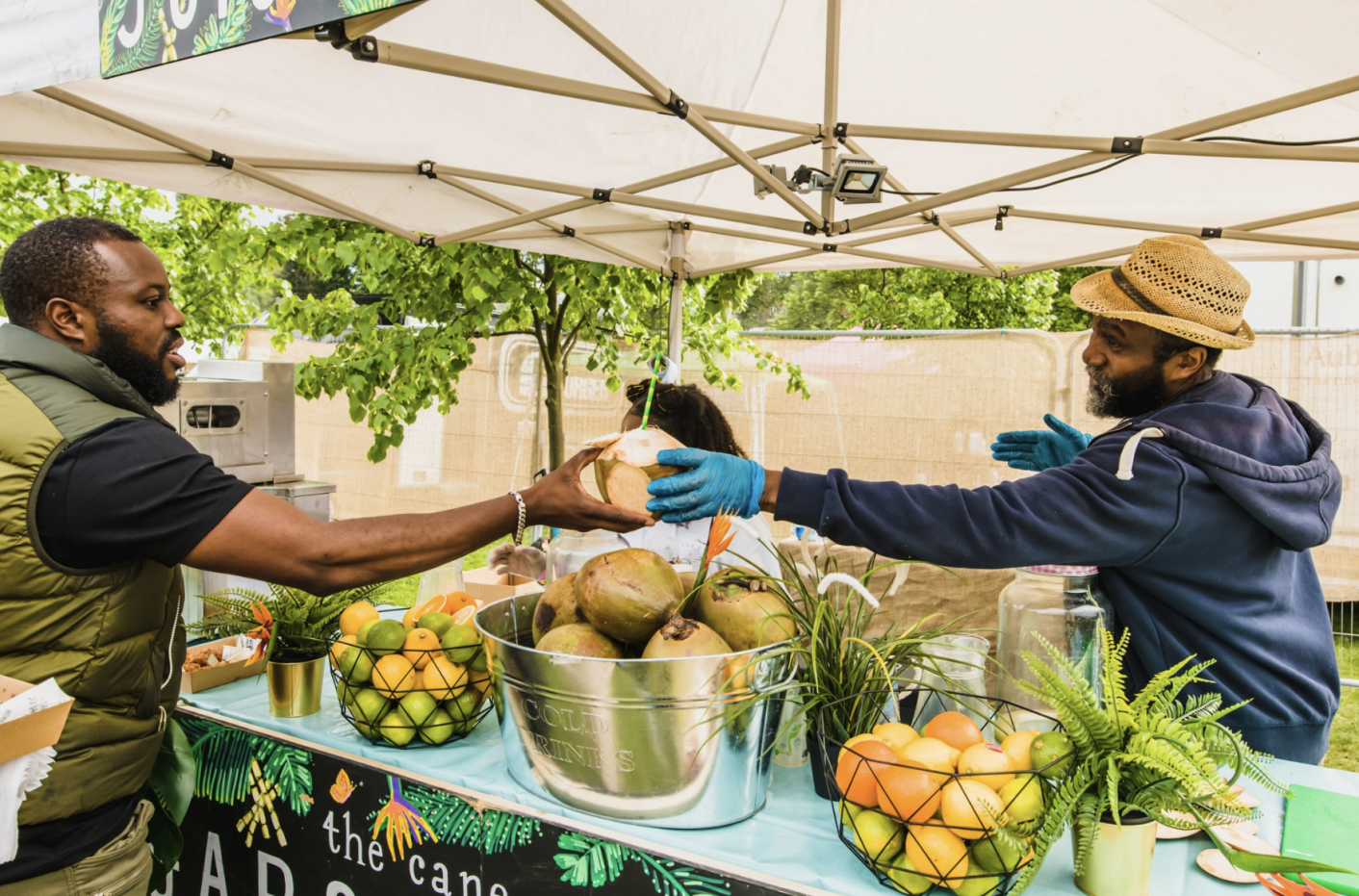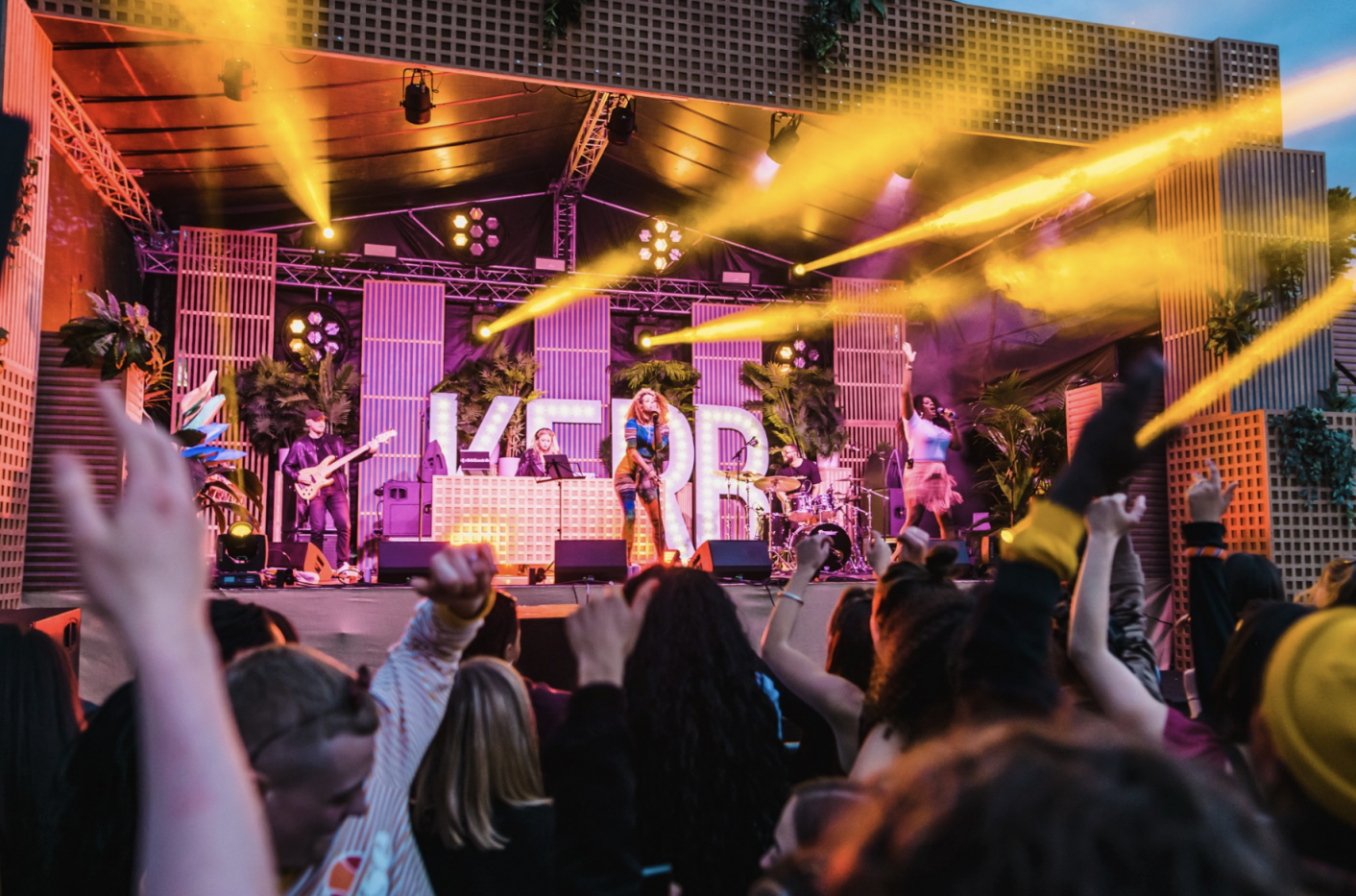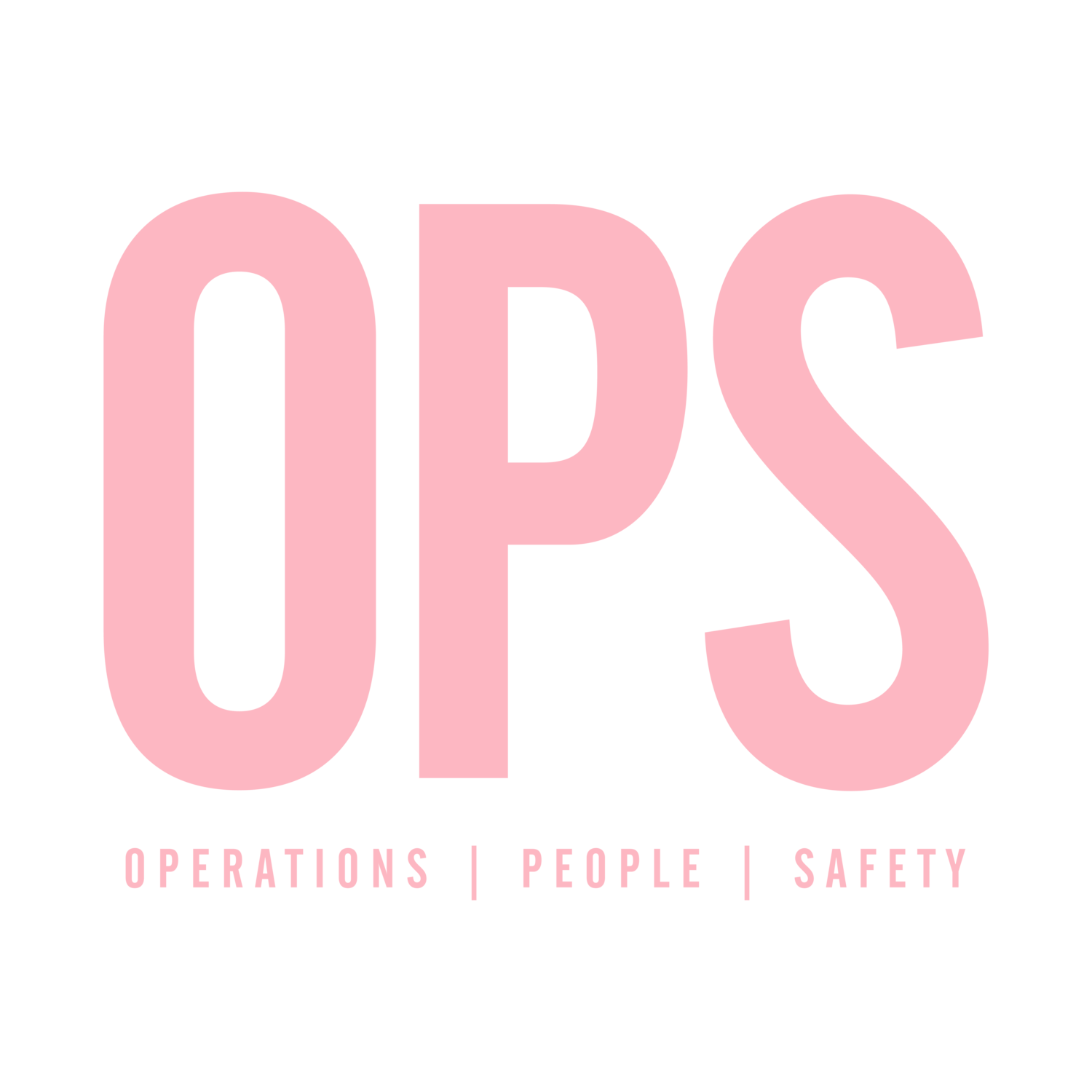Background
GALA & Jam on Rye are independent music, culture, arts and food festivals with strong environmental policies and aims to improve sustainability.
GALA has been running since 2016 and Peckham Rye Park has been home to the event since 2018. The festival showcases the best food, drink and music from South East London and the surrounding areas, bringing together a selection of the area’s diverse and respected restaurant, bar and club culture in a festival/fete format.
Jam on Rye launched in 2018 at Peckham Rye Park as festival for people of ages. The festival showcases great emerging talent in music, food and arts; programming sounds from around the world and promoting new talent alongside local legends and established artists.
The food for both events were curated by KERB who brought together a selection of their best traders and local restaurants and brands.

Challenge
GALA & Jam on Rye are both committed to reducing the environmental impact of their events and becoming more sustainable though reducing waste and litter, protecting the natural environment and wildlife of Peckham Rye Park and working collaboratively with the local community.
Following difficult de-rigs, heavy rain and collection delays of onsite cabins and litter in previous years; The event organisers were still determined to make sustainable improvements and set a goal to leave no trace.
Solution
In order to combat the littering of cable ties across the festival site, the production team bought bright red and yellow cable ties so that they were easier to see and therefore easier to litter pick.
The cable ties were also collected separately to the other waste to ensure that they were recycled.
Bars and caterers used non-plastic straws, provided soft drinks and wine in recyclable cans and operated a reusable plastic cup scheme. In addition, the bars also switched to using reusable banners on the front of their trading pitch which they could use year on year opposed to the previous fabric ones.
We worked with a host of local suppliers such as Fullers Brewery who brew their Frontier beer in Richmond, London reducing product travel time. The majority of staff were sourced locally too, reducing our carbon footprint.
Our tills operated an email or text receipt for customers to remove the need for paper prints.
Food traders introduced a discount scheme on meals if the customer brought their own reusable containers. If not, the traders served food in a compostable container or one made from one primary material such as cardboard to ensure it could be easily recycled.
A large percentage of fruit used by traders was dehydrated so that the lifespan was prolonged. Where fresh fruit was required, the traders operated a reuse system which turned the waste into another consumable product.

Results
-
No single-use plastic on site.
-
A large number of the food and drink suppliers were sourced locally.
-
60% of attendees came from Peckham and the surrounding areas – reducing our attendees carbon footprint.
-
All waste was turned into fuel meaning zero waste went to landfill.
-
Vast improvement to the quantity of litter recycled as a result of our sustainable approach.
-
Positive feedback from the council and local residents regarding the excellent restoration of the park and our reduced environmental impact.


